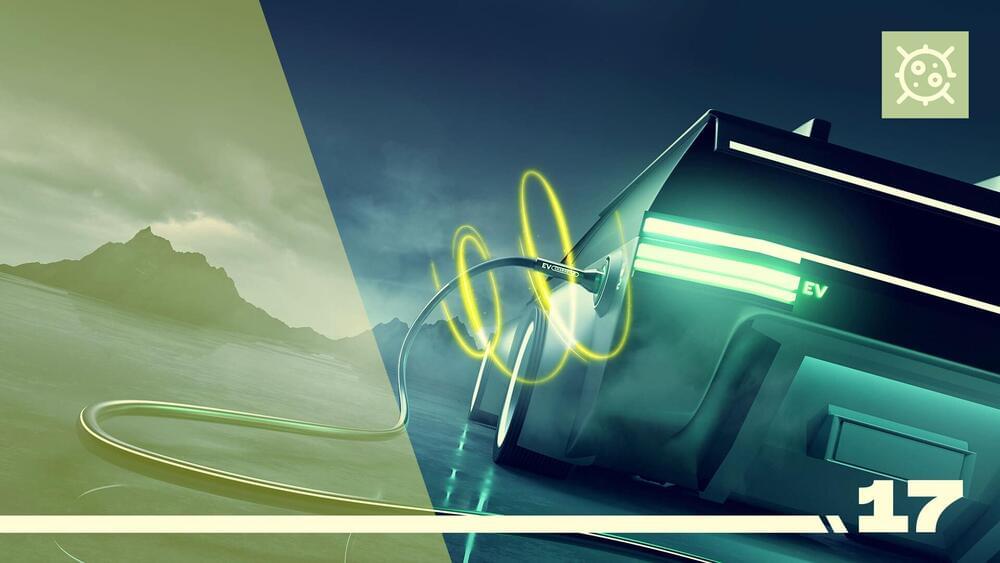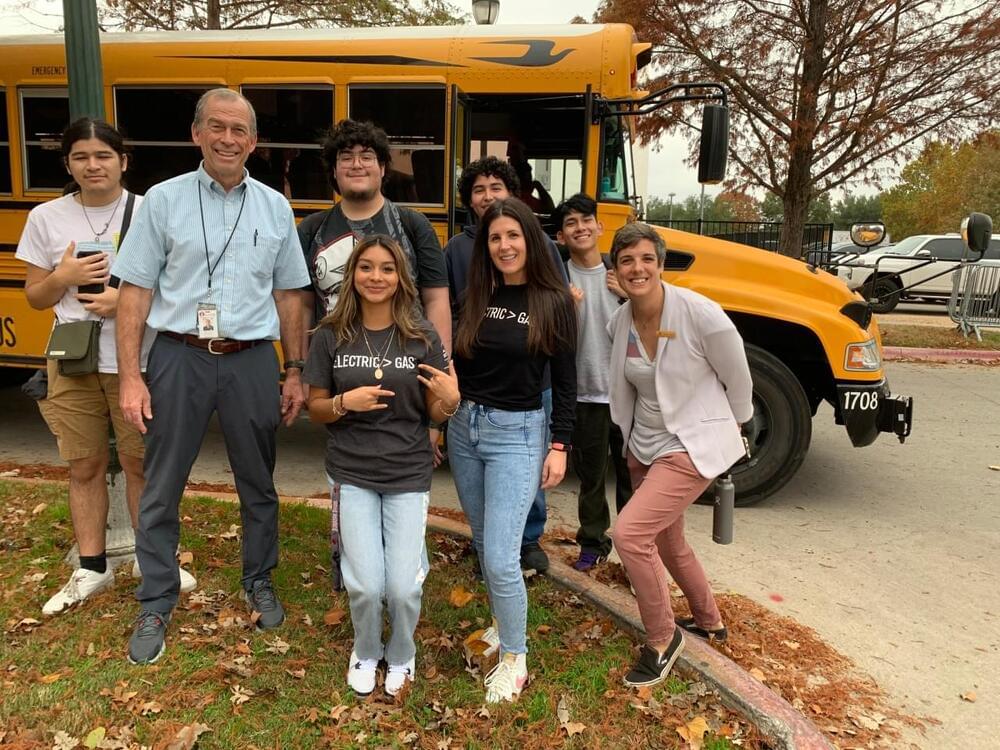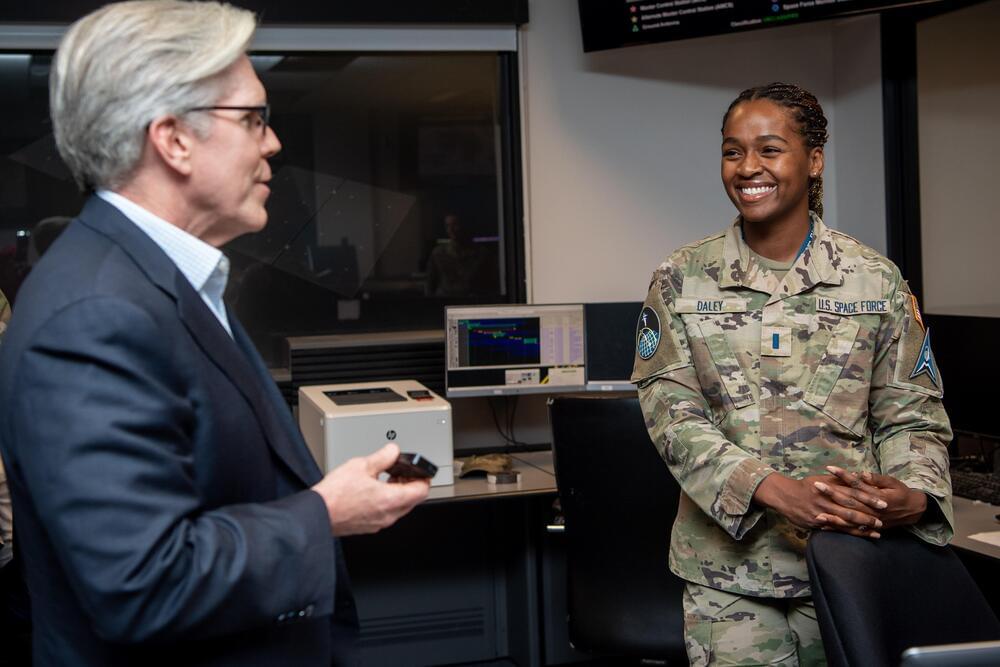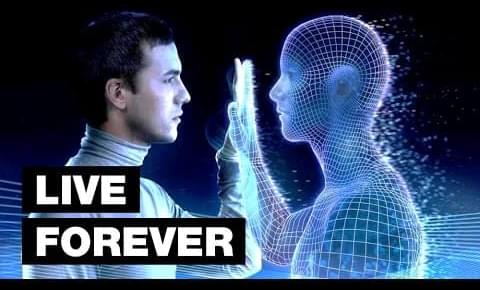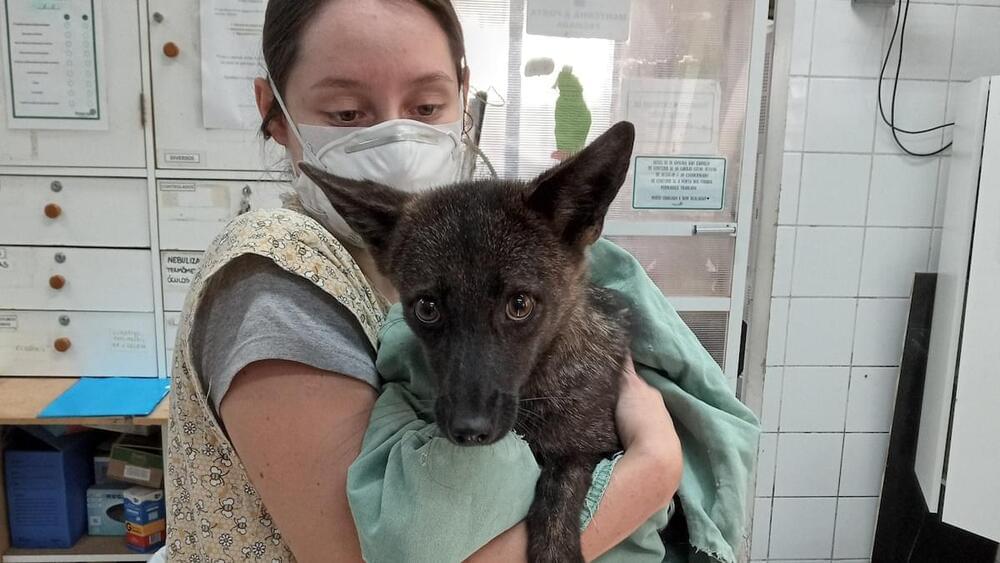Oct 2, 2023
A 17-year-old’s new synchronous reluctance motor outperforms traditional designs
Posted by Shailesh Prasad in categories: education, engineering
Ibrahim Can/Interesting Engineering.
This summer, we reported that Sansone was awarded the first prize, and winnings of $75,000, at this year’s Regeneron International Science and Engineering Fair (ISEF), the world’s largest international high school STEM competition.
